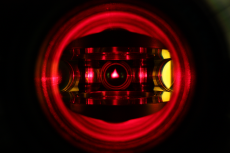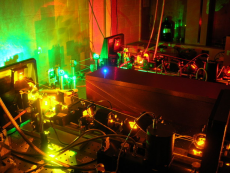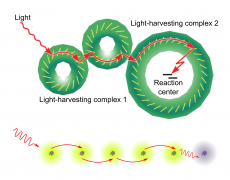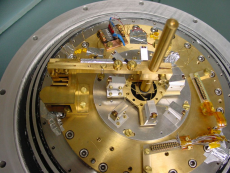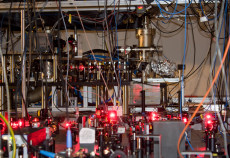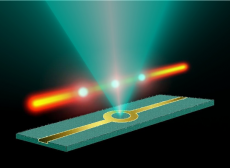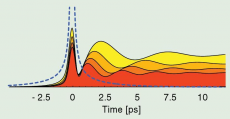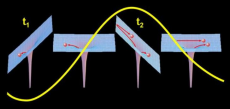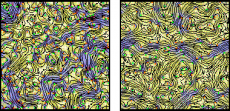CQD Special Seminar
16. May 2018 10:15
Konferenzraum 2-3, Physikalisches Institut, INF 226Semi-classical simulation of quantum many-body spin-dynamics and applications to transport
Dr. Johannes Schachenmayer
Universität Straßburg, CNRS
Recent experiments with ultracold atoms offer platforms for studying non-equilibrium spin-dynamics of large quantum many-body models in controlled environments. Thus, also numerical methods for simulating such dynamics are of great importance. Here, I first present the DTWA, a semi-classical method based on the well-known truncated Wigner approximation. This method has been surprisingly successful in predicting dynamics of lattice models. I show how this method can be generalized to study dynamics of arbitrary discrete lattice models and useful to model an experimental setup with Chromium atoms in an optical lattice (arXiv:1803.02628).
A particular application of non-equilibrium dynamics is transport. Transport of physical quantities such as energy, charge, or information plays a crucial role in a variety of scientific fields. Here, in a second part I present schemes of how the transport efficiencies of energy and charge in materials can be dramatically enhanced by coupling it to a cavity.

